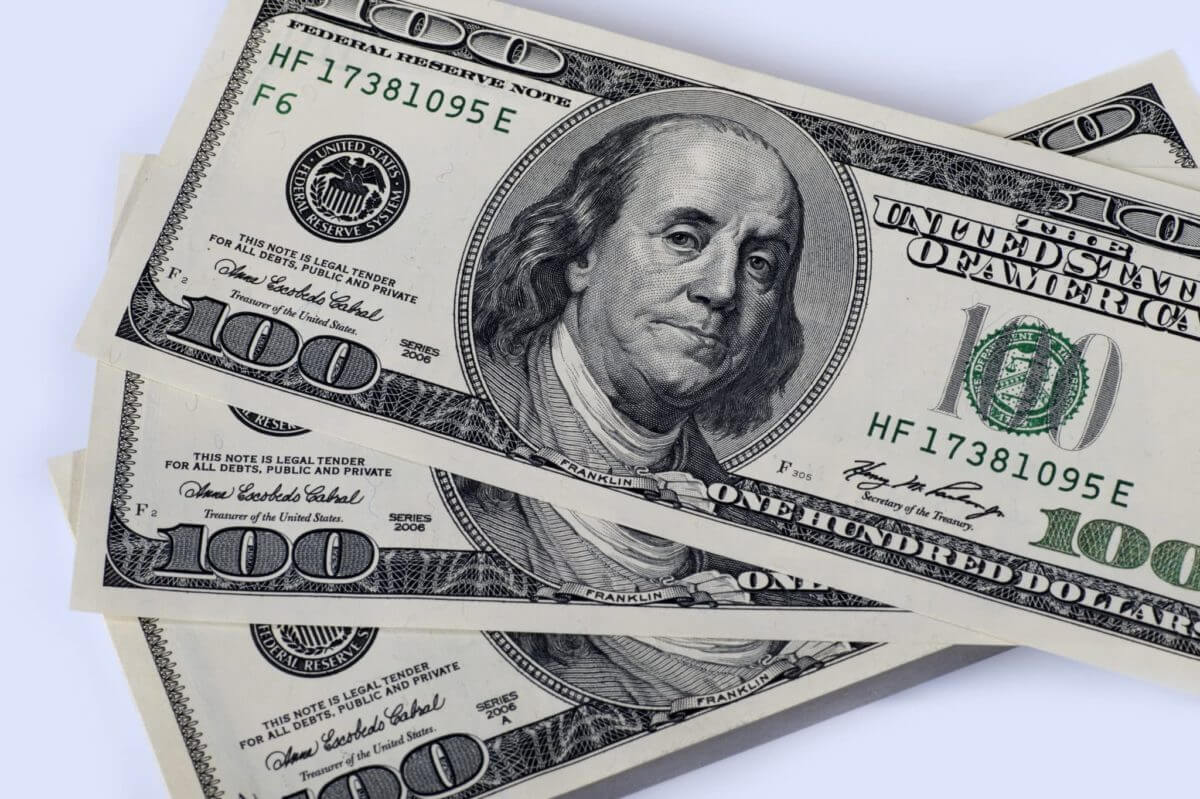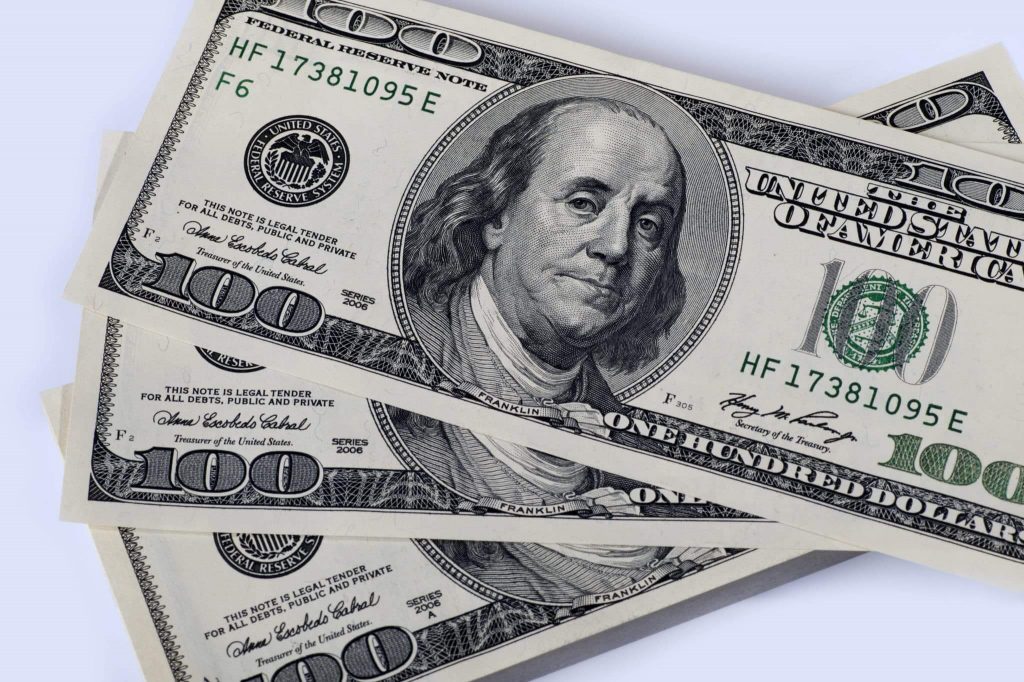
The dollar holds just below a two-decade high
The dollar received support from investors fearful of a recession and seeking shelter on Monday, holding just below a two-decade high after falling late last week after disappointing U.S. economic data decreased bets on interest rate hikes.
While Asian equities rose in tandem with Wall Street, currency traders were hesitant to extend Friday’s dollar selling because the dollar normally rises during times of uncertainty.
The risk-sensitive Australian dollar fell 0.3 percent to $0.6918 as commodity prices fell. The euro was stuck at $1.0563, while the beaten-down yen held steady at 134.68 per dollar.
The U.S. dollar index remained stable at 104.010 after reaching a 20-year high of 105.79 earlier in the month. Weakening U.S. economic data knocked it off its perch. A survey released on Friday showed consumer confidence at a historic low, providing another reason for investors to reduce their expectations of U.S. interest rate hikes.
However, the threat of a global downturn and a preference for dollar-denominated assets in such circumstances has supported the greenback.
Futures pricing indicates that traders now expect the U.S. Federal Reserve’s benchmark funds rate to stabilize at 3.5 percent beginning in March of next year, a reduction from increasing rates reaching close to 4 percent in 2023. Last week, treasuries rose.
The New Zealand dollar was trading at $0.6035, while sterling was trading at $1.2282.
Data on Chinese factory activity anticipated later this week could indicate if the world’s second-largest economy is regaining speed following the disruption caused by strict Covid-19 shutdown restrictions. The Chinese yuan remained stable at 6.6920.
This year, the U.S. dollar is strong versus several other currencies, but not all. Converting U.S. dollars to Japanese yen (USDJPY) generated 16 percent higher profits in April than the previous year, although the Mexican and Canadian peso has remained relatively unchanged. Currency exchange rates fluctuate, so a good pace against one currency now does not ensure the same savings when it comes time to go on vacation. Given the particularly turbulent economic tendencies in 2022, the graphs above could invert in a year.


